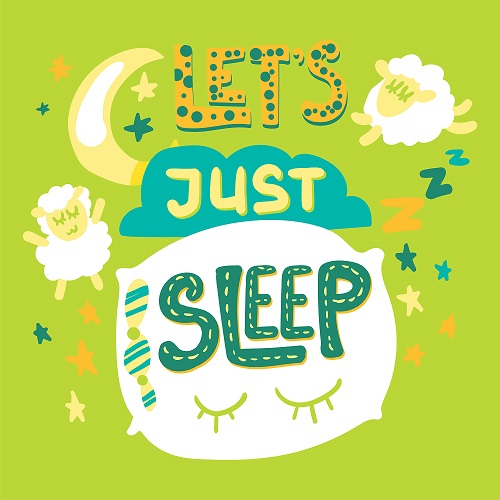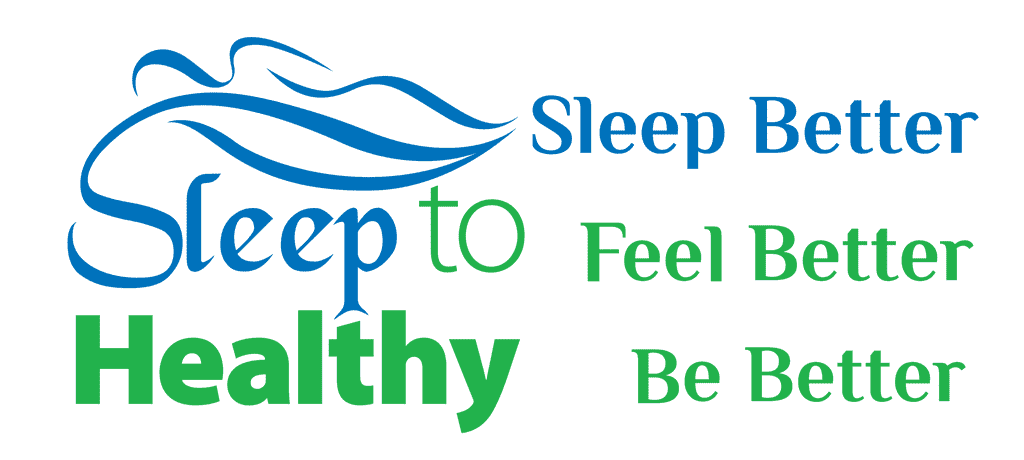
3 Step Approach to sleeping better using Cognitive Behavioral Therapy for Insomnia
Before starting, I want to make you aware of the cure insomnia podcast which is a podcast to help you sleep. It is based on the method most recommended by sleep experts: CBTi or Cognitive Behavioral Therapy for Insomnia. It is a complete course and podcast to help you sleep and its free. You can learn more about it here. This is but one of the elements of CBT therapy.
Sleep and wakefulness are two sides of the same coin, the coin being our brain. What happens to one effects the other. Often when you think about poor sleep, you focus on the negative consequences of sleep on your wakeful life. This is natural as you are aware of yourself and how you feel during the day. So if you sleep poorly, you feel the effects the next day and make the connection.
But while you are sleeping you are oblivious to how well or poorly you are sleeping. You might be tossing and turning, but at the time you don’t realize it. You might wake up in the middle of the night, but you don’t necessarily know the reason why.
It doesn’t help that when something happens and you don’t know why, your brain in very good at making up a reason and convincing you that it is true. Just because you think you woke up because of the disagreement you had with your friend, doesn’t mean that is the real reason.
Where am I going with this?
Just as it is important to recognize how your sleep affects your daytime performance, it is just as important to be aware of how are daytime activities and thoughts affect your sleep. This is harder and not as intuitive because you are not self-aware during your sleep. It is one of the elements of CBT therapy. You can get more information on my podcast to help you sleep – the Sleep to Healthy Podcast.
You read a lot about how the activities during the day impact our sleep. Things like caffeine consumption, exercise, exposure to sunlight etc.
But sleep is an activity of the mind, so it makes sense that your thoughts would also impact your sleep. And this is true. One of the ways your thoughts impact your sleep is anxiety. If you have anxious thoughts about sleep, it will make sleep harder to come by, and the sleep you do achieve will be more fitful.
So what are the types of thoughts that can interfere with our sleep? Here are some examples:
- I didn’t sleep at all last night.
- I hate going to bed.
- I feel miserable when I don’t sleep well.
- My insomnia is going to make me ill.
- I need my sleeping pill / herbal medication / bedtime routine to sleep well, otherwise the night is a disaster.
All these negative thoughts become self-fulfilling prophecies. The more you dwell on them the more they become true regardless of whether the underlying fact or result is true or not.
For instance you might believe that if you don’t sleep well or day will be a disaster. And the more you think that, the more you will notice when you have a bad day that you didn’t sleep well the night before.
And the more you will ignore those times when you have a bad day even though you had a good sleep the night before.
So what to do.
The first approach, the CBTi or Cognitive Behavioral Therapy for Insomnia approach is to challenge the belief. For instance, lets take the belief “I didn’t sleep at all last night”. Here is a simple 3 step approach (this approach is covered more thoroughly in my podcast to help you sleep – The Sleep to Healthy Podcast:
1 – Challenge the belief. You need to find the crack in the logic. What would your friend tell you? What would a sleep expert tell you? What would a visitor from outer space who had been observing you tell you? Come up with at least 3 counter arguments. These might be:
– Actually, I did sleep last night, just not as much as I would have liked.
– In reality, I don’t know how much sleep I had last night because I can’t tell when I’m asleep.
– If I didn’t sleep at all last night, then I would feel even worse than I do now.
In some cases, you might have to run a mini experiment and keep a running record on the calendar or in a journal.
For instance if the thought was “I need my herbal tea to sleep well”, you could try taking the tea some nights an not others and write the results down on the calendar. Then you will have some evidence to draw conclusions from.
2 – When you have the negative thought, then you can counter it with an alternative statement that you believe to be at least as true.
For instance when you find yourself thinking “I didn’t sleep at all last night” then you can say “I didn’t sleep as much as I would have liked last night”. Over time the new thought will replace the old thought and your anxiety level should reduce, preparing yourself for a better night’s sleep.
Points to remember:
You can’t control sleep, so don’t even try. All you can do is follow good CBTi (Cognitive Behavioral Therapy for Insomnia) practices and let your sleep do what it will.
You can learn more about CBTi on the Sleep to Healthy Podcast. I think it is the best podcast for insomnia. .
Contact me with any sleep related questions and I will see what I can do to help. — Dennis
